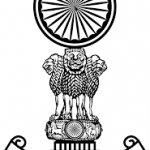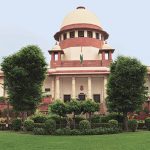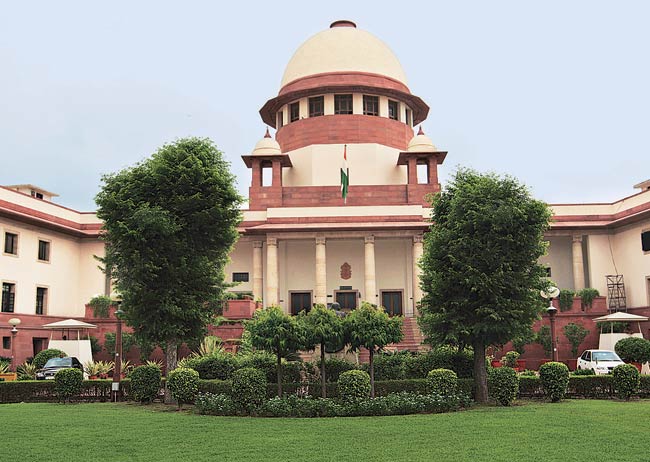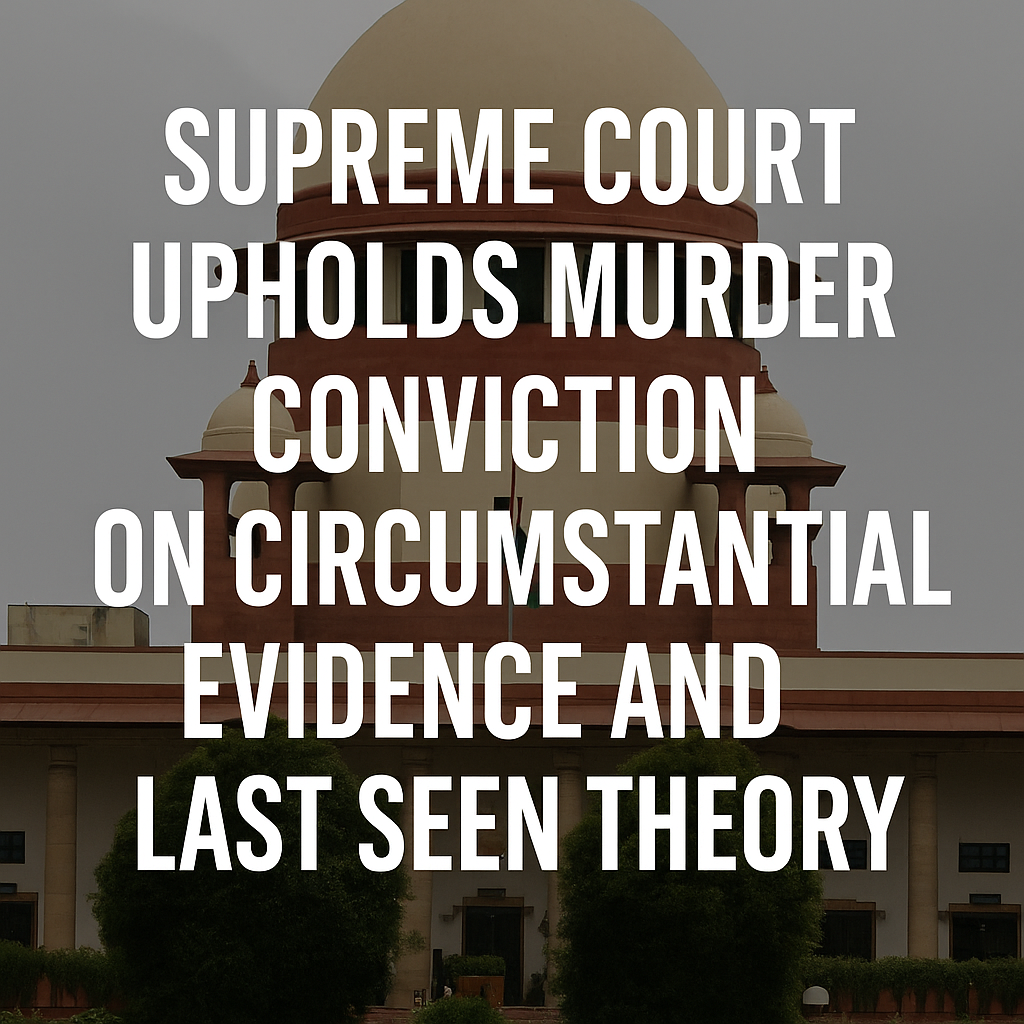A Judicial Officer had been charged for gross judicial impropriety, judicial indiscipline, lack of integrity, gross misconduct and an act of unbecoming of a Judicial Officer. The reason for framing such charges are that the Judicial Officer had granted bail in one case without considering the direction issued by the High court in the particular case in an earlier occasion and in another case, he had acquitted the accused without examining the prosecution witnesses.
On conclusion of Disciplinary proceedings, it has been decided that all the charges against the Judicial Officer had been proved and on appeal, the High Court also confirmed the same. As against the concurrent finding, Appeal has been preferred before the Hon’ble Supreme Court of India.
The Supreme Court after analysing all the materials on record and considering the case laws relating to the corruption particularly in the field of Judiciary, it allow the appeal, whereby exonerated the Judicial Officer from all the charges.
Having elaborated about the necessity of taking action by way of Disciplinary proceedings against a Judicial Officer if there is prima facie material to show reckless misconduct on his part while discharging his duties, it still places a caution that such material should be evident from the orders and should also be placed on record during the course of disciplinary proceedings.
On facts, the Supreme Court concluded that the order passed by the Appellant at best can be treated as a Wrong order or incorrect order. Under such circumstances, the Disciplinary proceedings should not have been initiated as the same will affect the independence of District Judiciary.
The Apex Court held that “We would, however, like to make it clear that we are in no manner indicating that if a judicial officer passes a wrong order, then no action is to be taken. In case a judicial officer passes orders which are against settled legal norms but there is no allegation of any extraneous influences leading to the passing of such orders then the appropriate action which the High Court should take is to record such material on the administrative side and place it on the service record of the judicial officer concerned. These matters can be taken into consideration while considering career progression of the concerned judicial officer. Once note of the wrong order is taken and they form part of the service record these can be taken into consideration to deny selection grade, promotion etc., and in case there is a continuous flow of wrong or illegal orders then the proper action would be to compulsorily retire the judicial officer, in accordance with the Rules. We again reiterate that unless there are clear-cut allegations of misconduct, extraneous influences, gratification of any kind etc., disciplinary proceedings should not be initiated merely on the basis that a wrong order has been passed by the judicial officer or merely on the ground that the judicial order is incorrect.”
Thus, mere a wrong order passed by a Judicial Officer should not be the basis for initiating disciplinary proceedings
(Case Law-KRISHNA PRASAD VERMA (D) THR. LRS. Vs. STATE OF BIHAR & ORS. – Date of Decision of Supreme Court – 26-09-2019)





More Stories
Supreme Court Strongly Condemns Abuse of Bail Conditions Through False Deposits and Reneging by Parties
Supreme Court Affirms Procedural Adherence and Limits of Insolvency Moratorium in Civil Litigation
Whether a Statement obtained under section 67 of NDPS Act can be treated as a Confession?